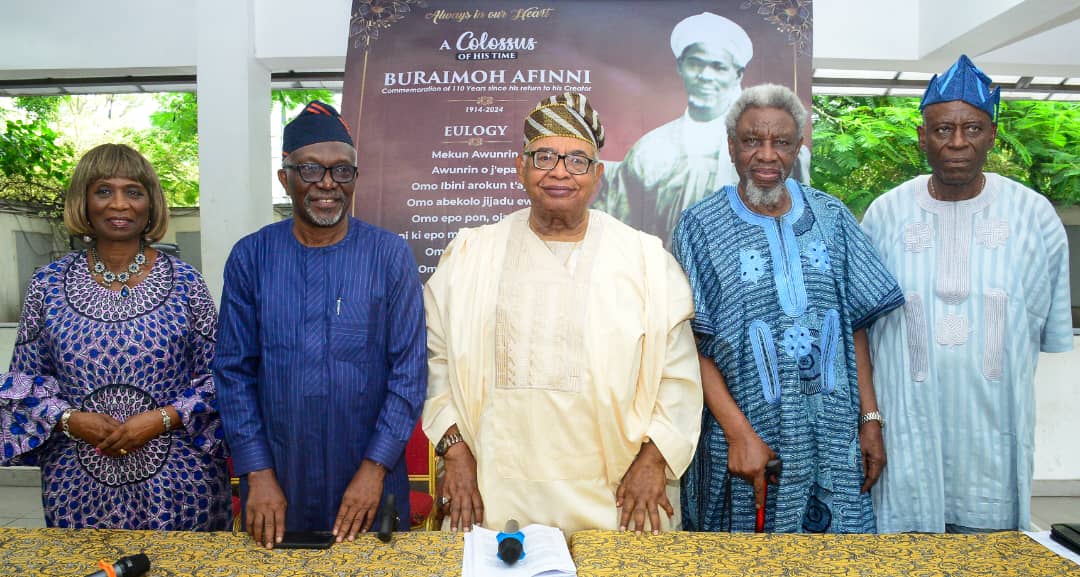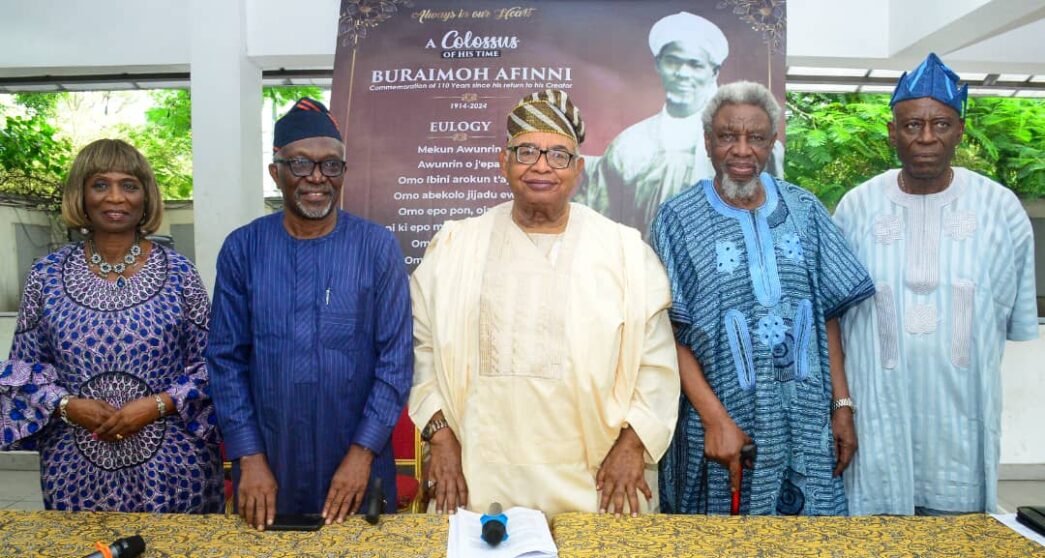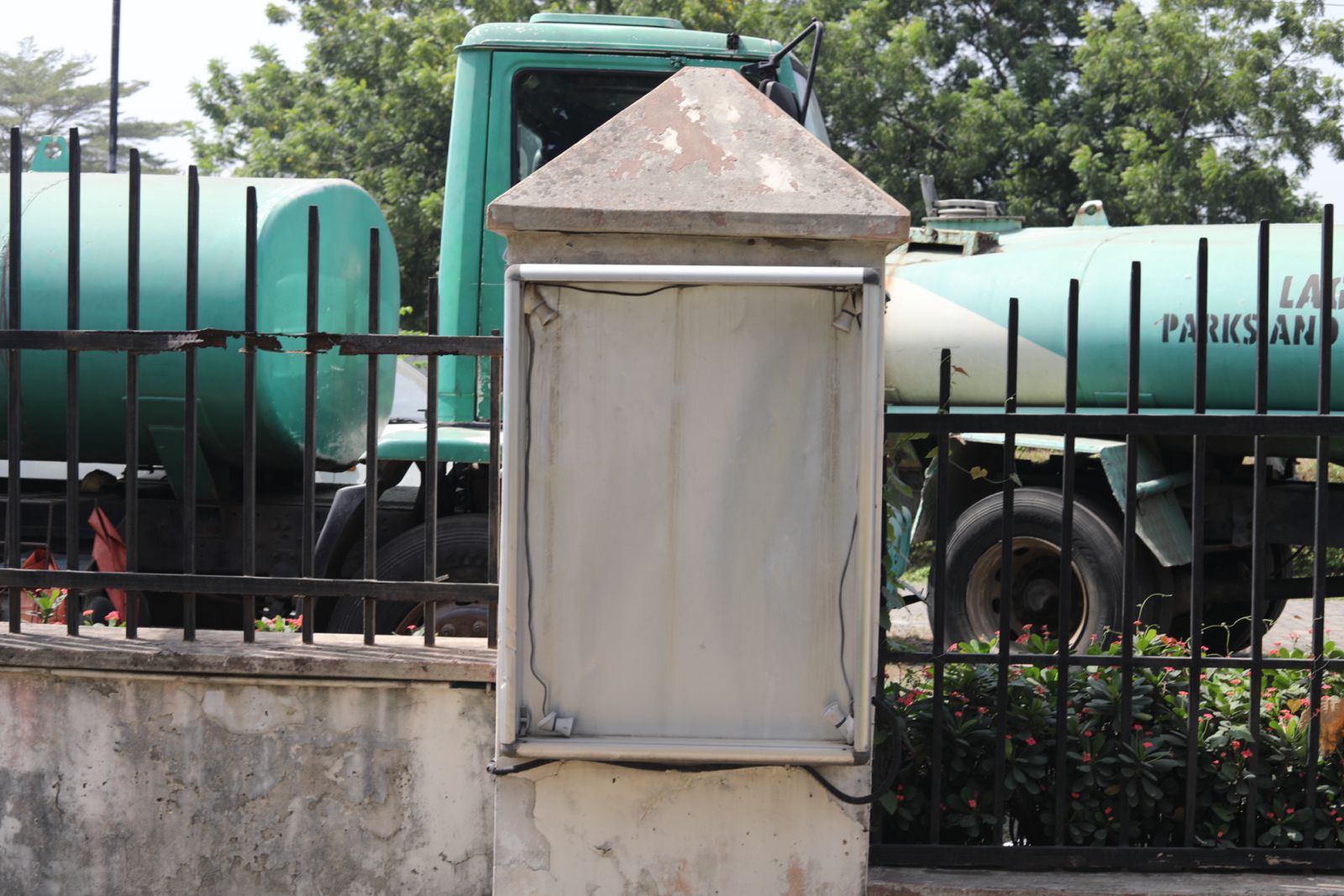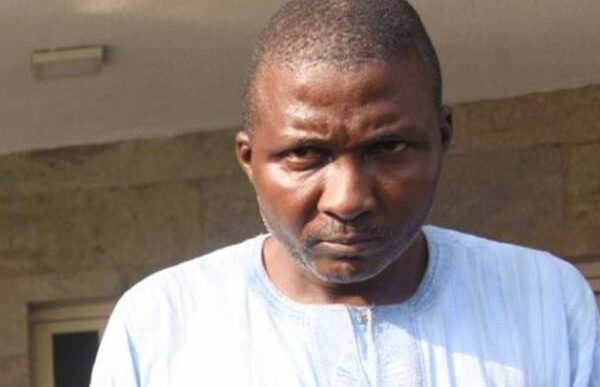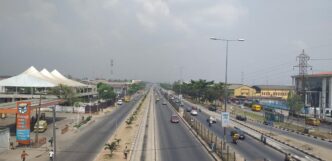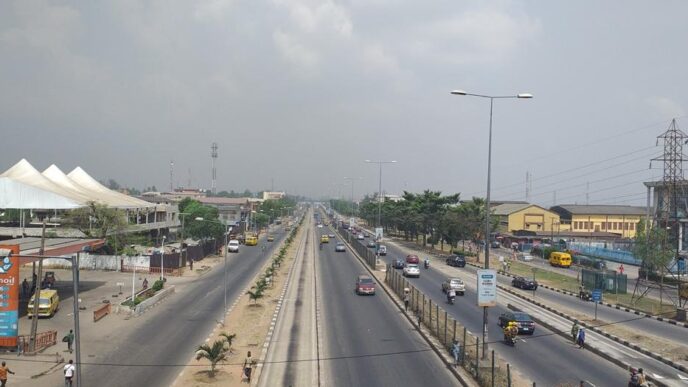L-R: Member Planning Committee(Great Grandchild Finnih Family). Abimbola Bode-Thomas; Great Grandchild, Sola Labinjo; The head of the Finnih family and a member of Governance Advisory Council in Lagos, Oluyomi Finnih; Great Grandchild, Abiola Finnih and Third Generation Finnih. Ajibola Ganiyu Finnih during the Press conference addressed by the family to announce the 110 year celebration of their fore father Buraimoh Afinnih in Lagos.
Members of the Afinnih family in Lagos have implored the state government to create an avenue for documenting the stories of aborigines and archiving their history.
The family made the plea at a news conference to commemorate the 110th death anniversary of Buraimoh Afinnih, their progenitor.
Oluyomi Finnih, current head of the family, said the initiative aims to preserve the history of Lagos and prevent the displacement of original Lagosians and their ancestral heritage.
The family said it has spent 110 years researching the life and times of its ancestors, culminating in the launch of a book on July 25.
Advertisement
“The late Buraimoh Afinnih, our progenitor, was a colossus of his time and there is a lot to be said about him. He was of Benin origin and very deep in the Islamic religion,” Oluyomi said.
“He also contributed a lot to the construction of the Lagos Central Mosque, and he was compensated with the Otun Balogun title, which has now become a family title sort of. Alhaji Ajibola Finnih is the current Otun Balogun.
“To celebrate his life and times, the family will be launching a book on July 25.”
Advertisement
Lateef Finnih, author of the book, said the initiative seeks to document the true history of Lagos from the perspective of its aborigines.
“What the Afinnih family is doing today is a call for true Lagosians to emulate so we can have the complete history of Lagos from the true aborigines,” he said.
“The true Lagosians have their roots planted over 200 years ago. They predate the arrival of the Europeans, return of the slaves from Brazil and Sierra Leone.
“We have some semblance of true Lagos history in the stories of the ‘Idejo’ and other White Cap chiefs. Our history resides in every family that has planted their roots in Lagos.
Advertisement
“It therefore becomes incumbent that the trail we are blazing today will ignite blazes in other families to also document their history before it is too late.
“Governor Lateef Jakande saw the value in establishing the history of Lagos’ aborigines when he ordered their homes returned to them and halted the redevelopment of central Lagos that would have uprooted the old Lagosians and their ancestral history.
“That is why the aborigine Lagosians must be committed to writing for the benefit of not only the coming generation, but as a piece of the puzzle, telling the story of Lagos and how it emerged as a tolerant and accommodating place.
“We, therefore, wish the government will create an avenue for families to tell their stories and archive a piece of history from its aborigines.”
Advertisement
Olabanji Finnih, chairman of the planning committee, said creating a historical book to preserve Lagos’ true history and heritage is imperative.
“If you go to Australia today, you will ask where the real aborigines are because they have gone into extinction,” he said.
Advertisement
“It’s one thing to say you are a Lagosian, but it’s also important to have it documented because most cosmopolitan cities or commercial centres stand the risk of their population being diluted.
“So to avoid the disaster of extinction, we need to document our real history. The popular one is that written by the colonialists from their coming, but people lived on this land before the colonialists came.
Advertisement
“That is what we need to put right and we urge the Lagos State government to also key into this initiative by commissioning an official documentation.”
The anniversary will be marked with special Jummat prayers on July 19, general prayers on July 22, and a grand finale and book launch on July 25.
Advertisement
Add a comment
